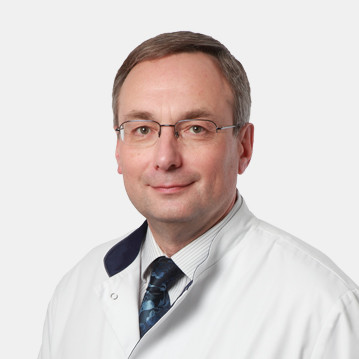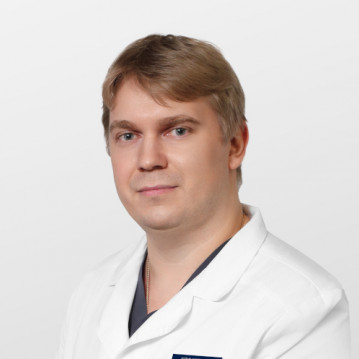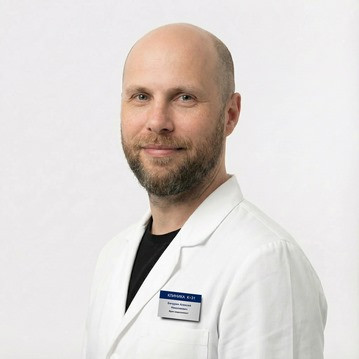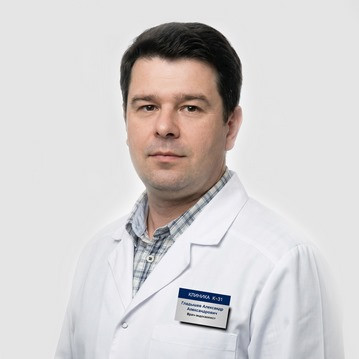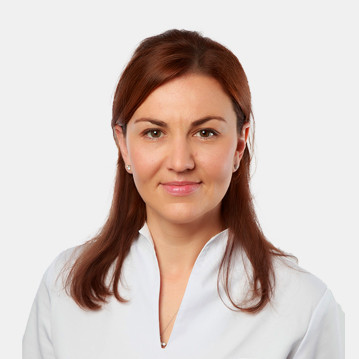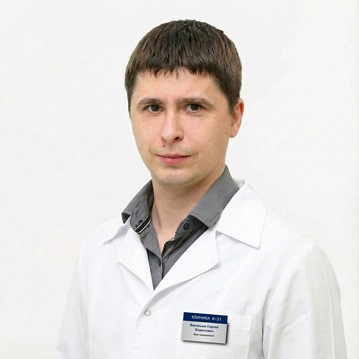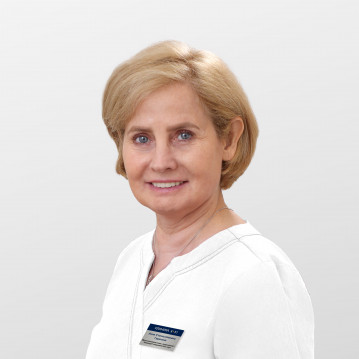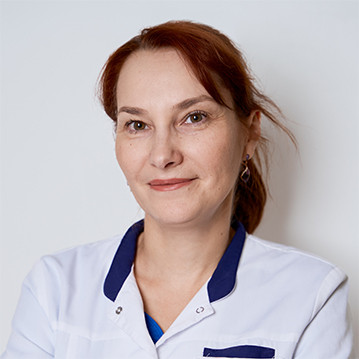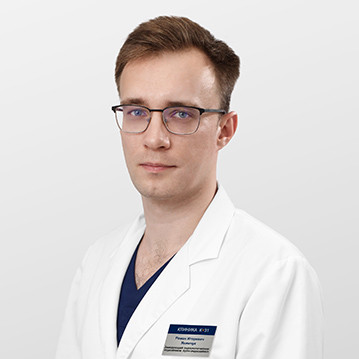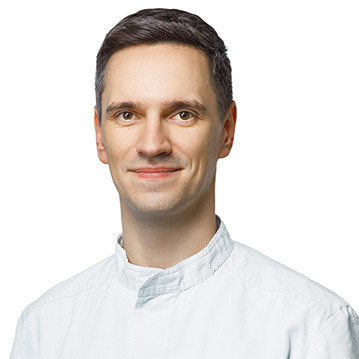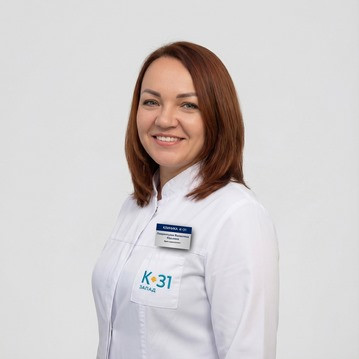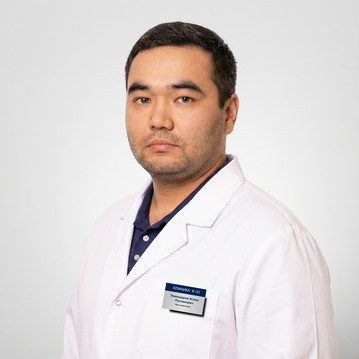Radiofrequency ablation of the heart (RFA)

specialists

equipment

treatment
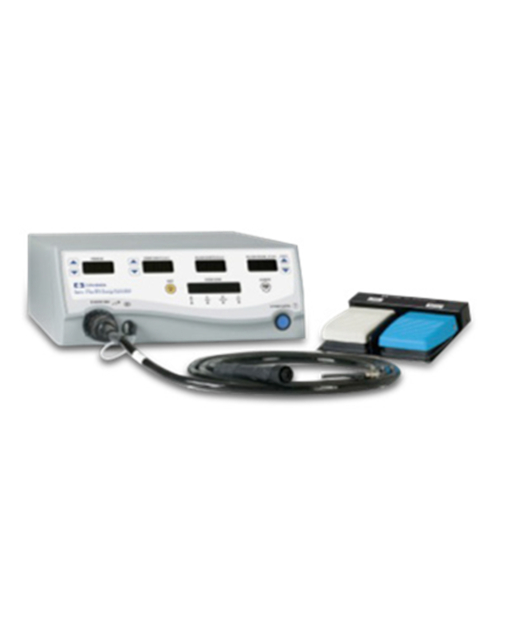
About the service
The RFA therapy technology, unlike other known methods (argon plasma coagulation, photodynamic therapy, cryotherapy, etc.), has a controlled depth of action, and the RFA generator independently controls the ablation process and stops supplying energy when a predetermined level of resistance in the treated area is reached. These operations are performed under sedation, which allows them to be carried out painlessly for the patient.
All these factors allow surgical treatment to be carried out effectively and safely enough for the patient.
The Barrx radiofrequency generator is an electrosurgical unit that allows for contact and controlled eradication of pathologically altered areas, as well as coagulation of large bleeding surfaces.
This device provides a unique opportunity to help patients with diagnoses such as:
Using specialized instruments, the device delivers radiofrequency energy to tissues, which allows for a "contact" method to treat a larger area of damage segments than similar technologies ablation. Built-in intelligent software helps the specialist perform the procedure almost completely safely for the patient:
The ability to use catheters of various shapes and sizes allows working with pathological changes in the esophagus, stomach and colon of varying length.

Appointment to the doctor
Catheters are selected for each intervention:
- Circular balloons (for the common segment of Barrett's esophagus).
- Standard-sized focal "blades" (for treating individual sections of the esophagus / when working in the colon with radiation proctitis).
- Ultra-long blades (for GAVE syndrome).
- Intracanal catheter (for RFA in case of complicated patient anatomy).
The RFA therapy technology, unlike other known methods (argon plasma coagulation, photodynamic therapy, cryotherapy, etc.), has a controlled depth of action, and the RFA generator independently controls the ablation process and stops supplying energy when a predetermined level of resistance in the treated area is reached. These operations are performed under sedation, which allows them to be carried out painlessly for the patient.
All these factors allow surgical treatment to be carried out effectively and safely enough for the patient.
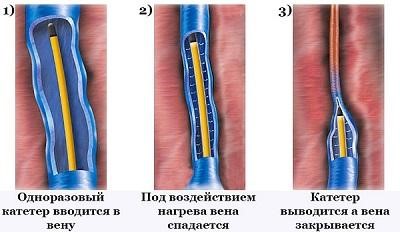
RFA is prescribed for heart rhythm disturbances and other cardiac pathologies. Main indications for the procedure:
- Ventricular arrhythmia, supraventricular arrhythmia, atrial fibrillation (atrial fibrillation)
- Atrial tachycardia, ventricular tachycardia
- Atrial flutter and fibrillation
- Heart failure
- WPW syndrome
- Ventricular extrasystole
- Heart enlargement (cardiomegaly)
The radio wave method of treatment is effective for patients with heart problems for whom drug therapy is ineffective or dangerous. It is recommended to consult a cardiologist to diagnose the pathology and prescribe surgery if pain is detected in the neck, back, or heart area.
Minimally invasive surgery has no absolute contraindications. Radiofrequency catheter ablation is performed to treat cardiac arrhythmias even in the elderly and small children. Relative contraindications:
- Pregnancy
- Unstable angina
- Inflammatory processes in the heart
- Thrombosis in the heart area
- Arterial hypertension
- High blood pressure
- Blood clotting disorder
- Respiratory failure
- First 4 days of myocardial infarction
- Infectious diseases
Also, if you have an implanted pacemaker or cardioverter-defibrillator, be sure to tell us about it before the surgery. In the absence of contraindications, you can undergo treatment in our clinic.
The patient is carefully prepared for the surgery. First, all tests are taken: clinical blood test, general urine test, biochemistry. Then, an instrumental examination of the heart is performed to identify pathological lesions: ECG, ECHO-CG, ultrasound of the arteries of the lower extremities, MRI, MSCT of the heart.
The night before the surgery, refuse to eat or drink. Also, be sure to tell the specialist about the medications you are taking. If possible, you should refuse them 2-3 days before RFA.
The operation is performed under local or general anesthesia under fluoroscopic control. After anesthesia, the cardiac surgeon makes a puncture in the femoral or subclavian vein. Electrodes are inserted into the vein through the puncture in the vessel. During the examination and treatment using electrical impulses, the patient may experience mild short-term discomfort and irregular heartbeat.
During the electrophysiological examination of the heart,electrical impulses are transmitted. During cardiac mapping, its work and response to the effect of the inserted electrodes are assessed and visualized. Then the catheter is led to the pathological focus of arrhythmia. All problem areas that provoke an abnormal heart rhythm are destroyed by the current (or low temperatures during cryoablation).
The duration of the operation depends on the patient's condition. On average, the patient will spend 2-5 hours on the operating table. The first day after the operation, bed rest and medical observation in the hospital are recommended. A day later, the attending physician sends the patient home with recommendations.
Make an appointment at a convenient time on the nearest date
Our doctors

This award is given to clinics with the highest ratings according to user ratings, a large number of requests from this site, and in the absence of critical violations.

This award is given to clinics with the highest ratings according to user ratings. It means that the place is known, loved, and definitely worth visiting.

The ProDoctors portal collected 500 thousand reviews, compiled a rating of doctors based on them and awarded the best. We are proud that our doctors are among those awarded.
Price
Answers to popular questions
What is the effectiveness of treating heart diseases with this method?
The effectiveness of treatment using a minimally invasive method is great. Surgical intervention can improve the quality of life, achieve complete recovery and stop taking medications. For AVNRT (atrioventricular nodal reentrant tachycardia) and SVC syndrome (Wolff-Parkinson-White syndrome), cardiac ablation helps in 98%. For atrial fibrillation – up to 75%.
RFA effect:
- Restoration of heart rhythm for 5 years in ⅔ patients
- Possibility of refusing to take medications for sinus rhythm
- Possibility of canceling hypocoagulation therapy while maintaining health up to 70 years
Can there be complications after the procedure?
The risk of complications is 1%. The procedure is classified as a minimally invasive operation and is performed under local anesthesia. In very rare cases, patients experience the following pathologies after treatment:
- Complications due to radiation exposure
- Complications due to damage to blood vessels and arteries (thrombophlebitis, arteriovenous fistula, pneumothorax)
- Complications during catheter manipulations (hematomas at puncture sites, damage to heart valves, embolism, perforation of the coronary sinus or myocardial wall, cardiac perforation)
- Complications due to radiofrequency effects on the body
Also, in rare cases, cryoprocedures may cause paresis of the phrenic nerve.
